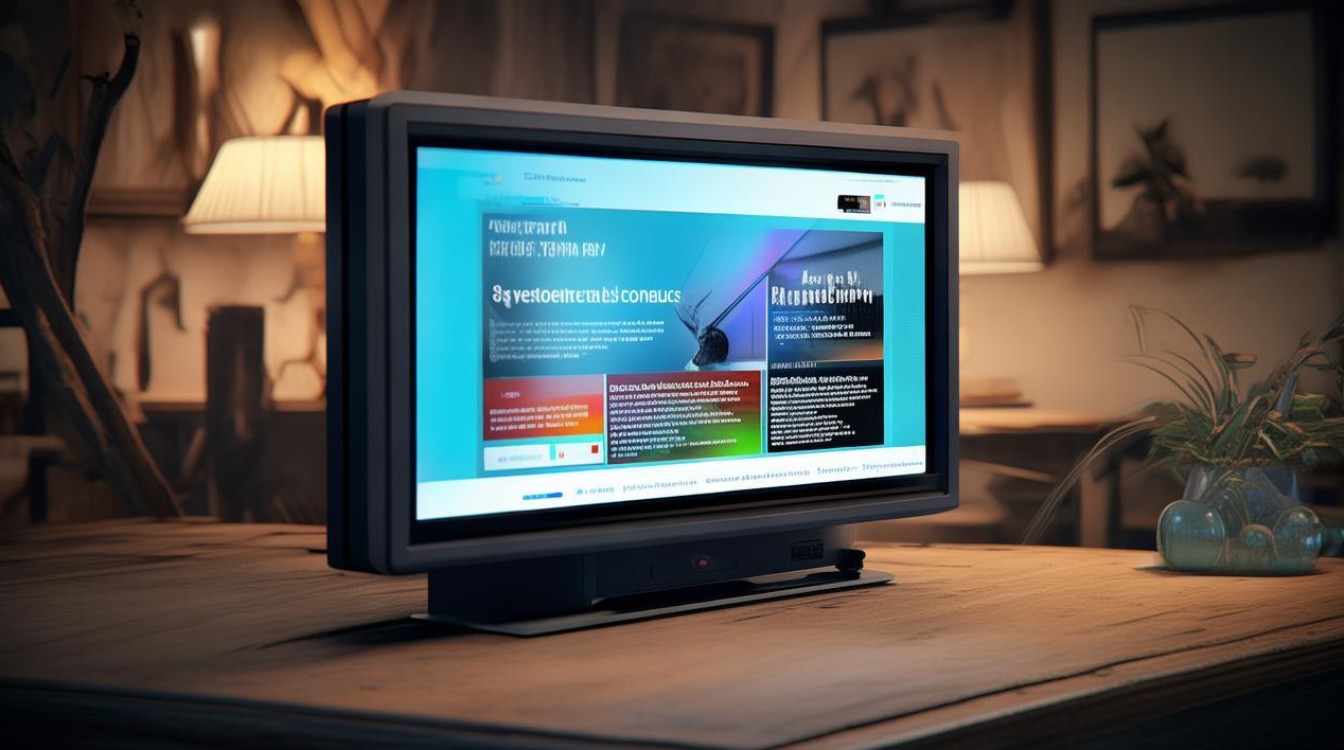核心动词:看电视 (kàn diànshì)
这是最最核心、最口语化的表达,意思是“to watch TV”。

-
直接使用:
- “晚上你看电视吗?” (Do you watch TV in the evening?)
- “我看电视呢,别吵我。” (I'm watching TV, don't bother me.)
- “我们今晚一起看电视吧。” (Let's watch TV together tonight.)
-
常用搭配:
- 看球赛 (kàn qiúsài): Watch a sports game.
- “周末别约我,我要在家看球赛。” (Don't ask me out this weekend, I'm staying home to watch the game.)
- 看新闻 (kàn xīnwén): Watch the news.
- “我每天早上都会看新闻,了解一下天下大事。” (I watch the news every morning to keep up with current events.)
- 看连续剧 (kàn liánxùjù): Watch a TV series/drama.
- “这部新出的连续剧太上头了,我每天晚上都看连续剧看到半夜。” (This new TV series is so addictive, I watch it until midnight every night.)
- 看综艺节目 (kàn zōngyì jiémù): Watch a variety show.
- “工作累了,就喜欢看综艺节目放松一下。” (When I'm tired from work, I like to relax by watching variety shows.)
- 看电影 (kàn diànyǐng): Watch a movie. (虽然电影院也叫“影院”,但“看电视”里的“电视”也包括了家里的电视、投影仪等设备,所以在家看电影也常用“看电视”)
- “今天不想出门,就在家看电视吧,有好几部电影可以选。” (I don't want to go out today, let's just watch TV at home. There are several movies to choose from.)
- 看球赛 (kàn qiúsài): Watch a sports game.
与电视相关的口语化名词和短语
除了“电视”本身,还有很多相关的词汇。
指代电视机的说法
- 电视 (diànshì): 最通用。
- 电视机 (diànshìjī): 稍微正式一点,但口语中也常用。
- 电视盒子 (diànshì hézi): 特指机顶盒、网络盒子等。
- 投影仪 (tóuyǐngyí): 越来越多的人用投影仪代替电视,功能上可以看作是电视的延伸。
- 老古董 (lǎo gǔdǒng): 形容又旧又笨重的老式电视机,带点嫌弃或调侃的语气。
- “家里的那台老古董该换了,屏幕都是雪花点。” (That old antique TV at home needs to be replaced, the screen is all snowy.)
指代电视节目/内容
- 节目 (jiémù): 泛指所有电视节目。
- “今天有什么节目好看?” (What's good on TV today?)
- 台 (tái): 指电视台或频道。
- “换一个台吧,这个广告太多了。” (Change the channel, there are too many commercials.)
- 频道 (píndào): 和“台”基本同义。
- “我喜欢看那个电影频道。” (I like to watch that movie channel.)
- 剧 (jù): 特指电视剧、连续剧。
- “最近有什么好剧推荐吗?” (Do you have any good dramas to recommend recently?)
- 综艺 (zōngyì): 特指综艺节目。
- “我喜欢看综艺,解压。” (I like watching variety shows; they're stress-relieving.)
- 球赛 (qiúsài): 特指体育比赛。
- “今晚有重要的球赛,千万别错过了。” (There's an important game tonight, don't miss it.)
- 广告 (guǎnggào): 电视广告。
- “每次看到这个广告我就想换台。” (Every time I see this commercial, I want to change the channel.)
- 重播 (chóngbō): Rerun / repeat broadcast.
- “这集是昨晚的重播,我已经看过了。” (This episode is a rerun from last night, I've already seen it.)
- 台标 (táibiāo): The TV station's logo on the screen.
- “台标一直闪,看得我眼晕。” (The station logo keeps flashing, it's making me dizzy.)
与看电视相关的动作和场景
换台/搜台
- 换台 (huàn tái): Change the channel. (最常用)
“别换台!我正看关键呢!” (Don't change the channel! I'm at a crucial part!)
- 搜台 (sōu tái): Search for channels. (主要用于老式电视或重新搜台)
- “信号不好,我得搜台了。” (The signal is bad, I need to search for channels.)
- 切台 (qiē tái): Slang for "换台", very common.
- “广告时间到,快切台看看别的有没有好节目。” (Commercial break, let's quickly change channels to see if there's anything else good.)
遥控器
- 遥控器 (yáokòngqì): The remote control.
- “遥控器呢?谁拿走了?” (Where's the remote? Who took it?)
- 板砖 (bǎnzhuān): Slang for the remote control, because old ones were often big and heavy.
- “快把板砖递给我,我想调大点音量。” (Pass me the brick, I want to turn up the volume.)
- 按 (àn): Press (a button).
- “帮我按一下音量+键。” (Help me press the volume up button.)
- 快进 (kuàijìn): Fast-forward.
- “这段太无聊了,我快进一下。” (This part is so boring, I'm going to fast-forward.)
- 回看 (huíkàn): Rewind.
- “没听清刚才那句话,你帮我回看一下。” (I didn't hear that sentence clearly, help me rewind.)
- 暂停 (zàntíng): Pause.
- “有人敲门,我暂停一下。” (Someone's at the door, I'm pausing it.)
- 静音 (jìngyīn): Mute.
- “我要接个电话,先静音了。” (I need to take a call, I'll mute it first.)
其他常见表达
- 频道锁 (píndào suǒ): Channel lock.
- “爸妈为了让我好好学习,把频道锁了。” (My parents locked the channels to make me study hard.)
- 抢遥控器 (qiǎng yáokòngqì): Literally "snatch the remote control". A very common family scene, often used to describe a playful struggle over what to watch.
- “晚上抢遥控器大战又要开始了。” (The great remote control war will begin tonight.)
- 沙发土豆 (shāfā tǔdòu): Couch potato. A very popular and vivid term for someone who spends a lot of time sitting on the couch watching TV.
- “他一放假就变成一个沙发土豆了。” (He turns into a couch potato as soon as the vacation starts.)
- 刷剧 (shuā jù): Binge-watch a series. A very modern, internet-era slang.
- “这个周末我哪儿也不去,就在家刷剧。” (I'm not going anywhere this weekend, I'm just going to binge-watch shows at home.)
- 追剧 (zhuī jù): Follow a series as it airs; to be a fan of a show.
- “我最近在追一部古装剧,更新太慢了,等得我心急。” (I'm currently following a historical drama, the updates are too slow, it's killing me.)
对话示例
家庭讨论看什么
爸爸: “快看新闻,今天有大事。” 妈妈: “等一下,这个综艺马上就要开始了,别**换











